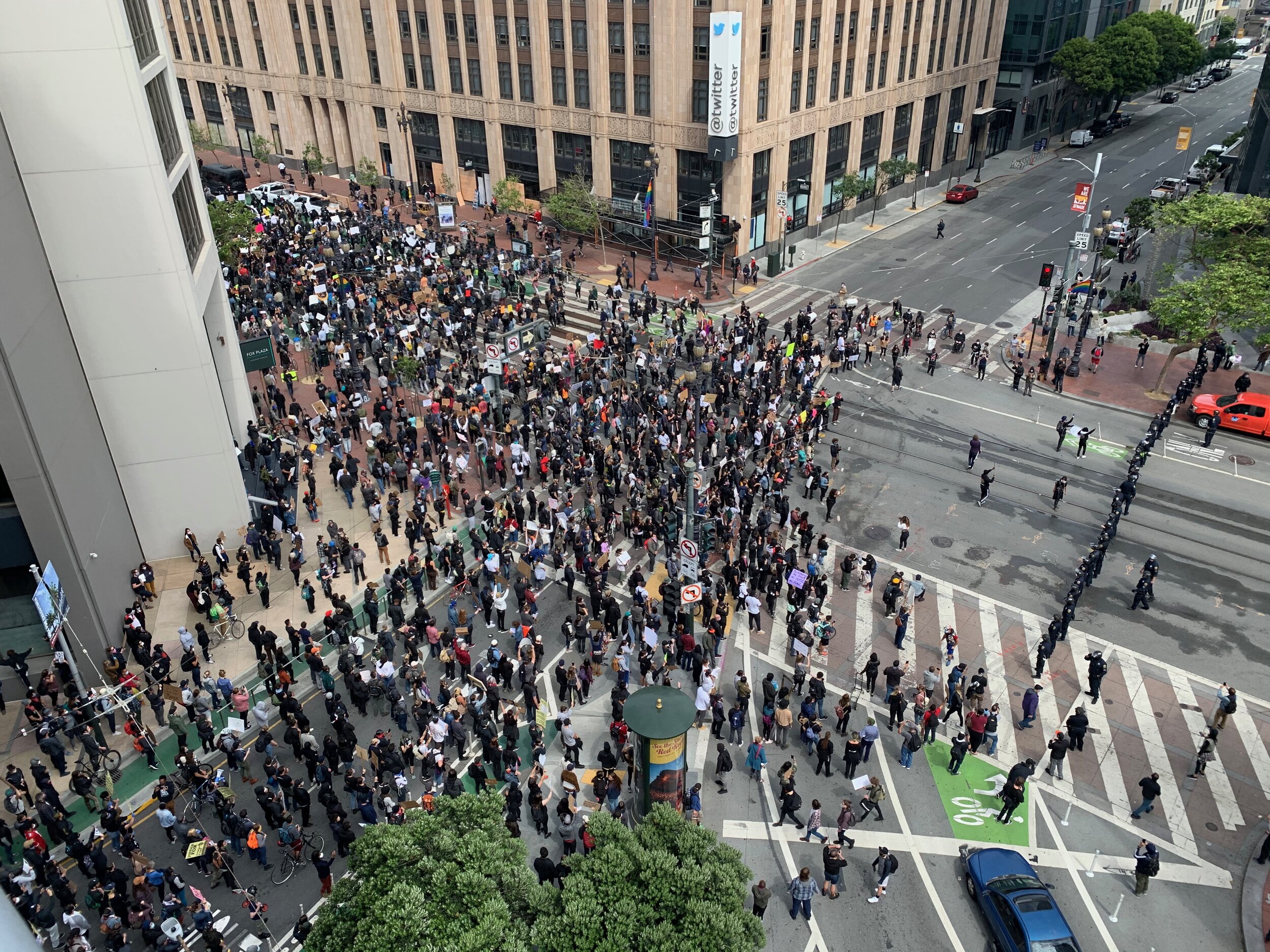
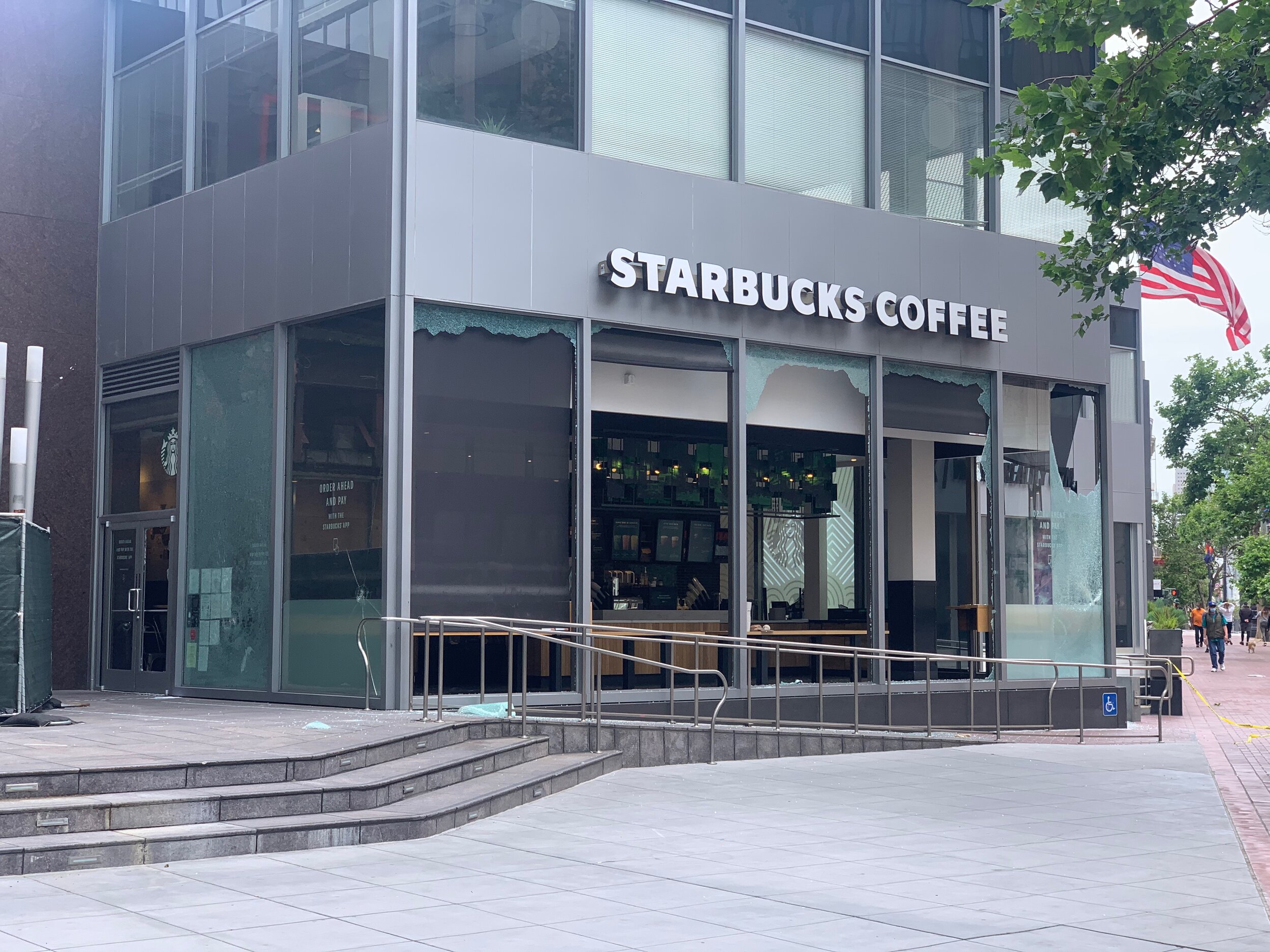
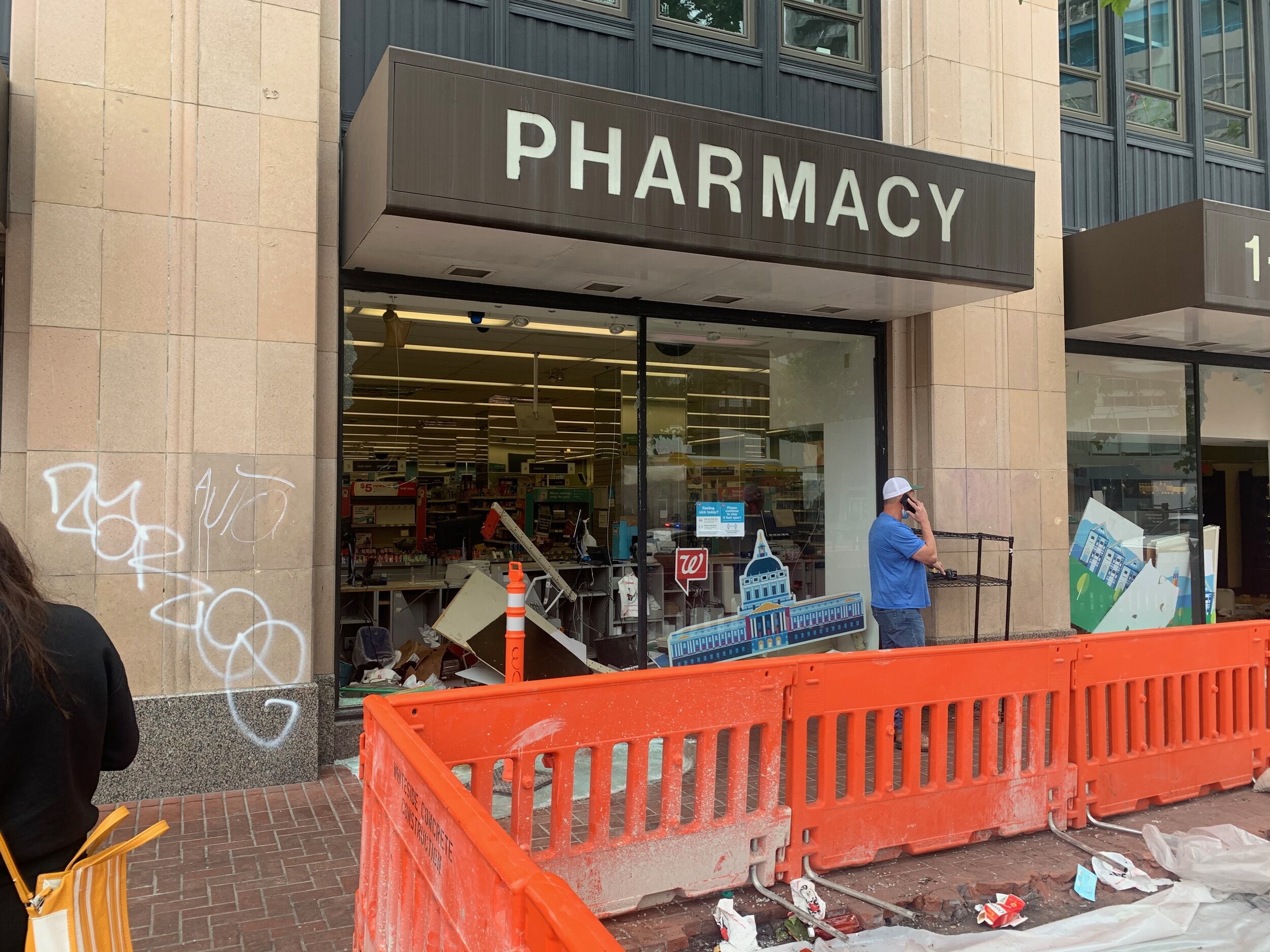
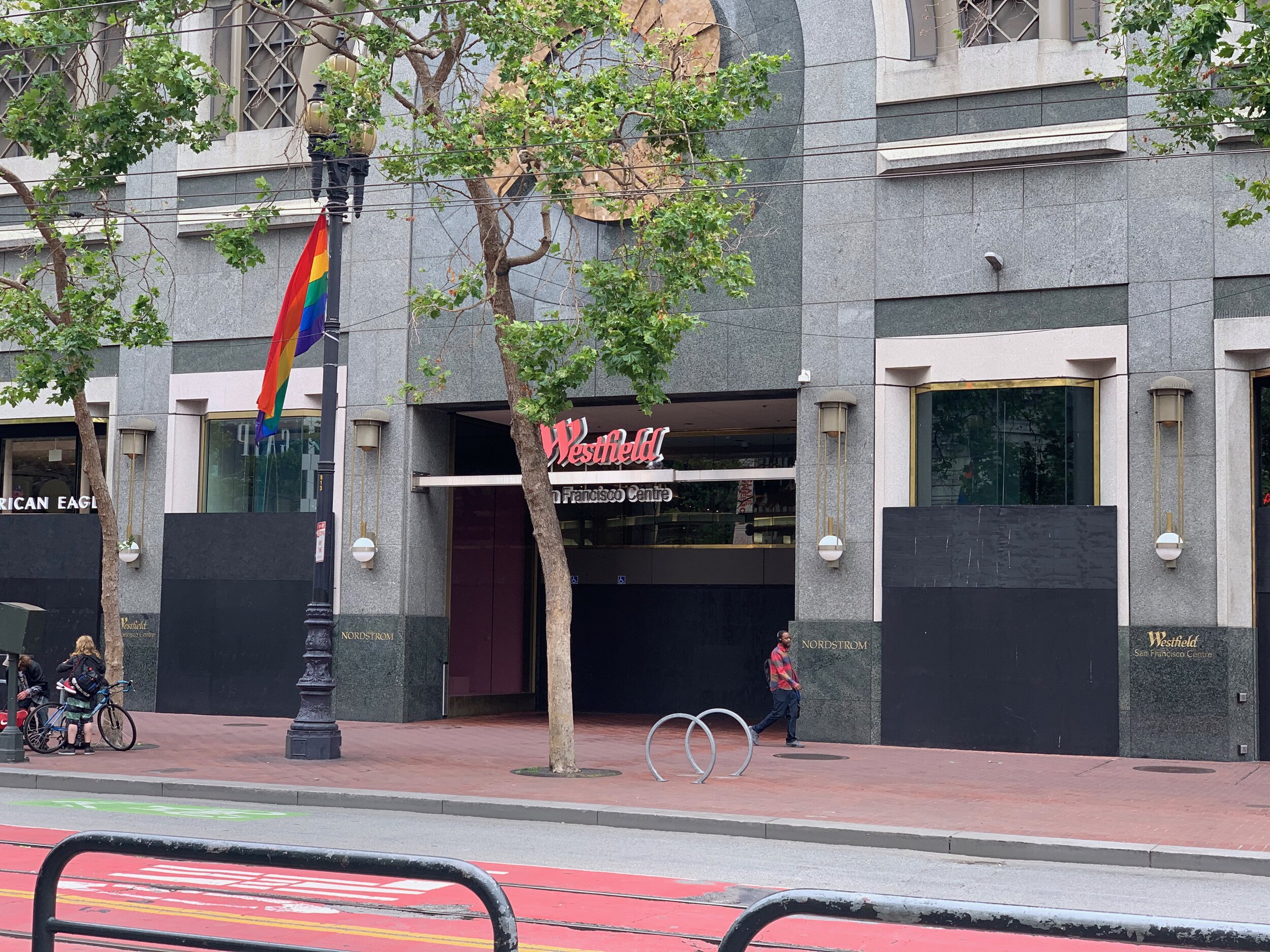
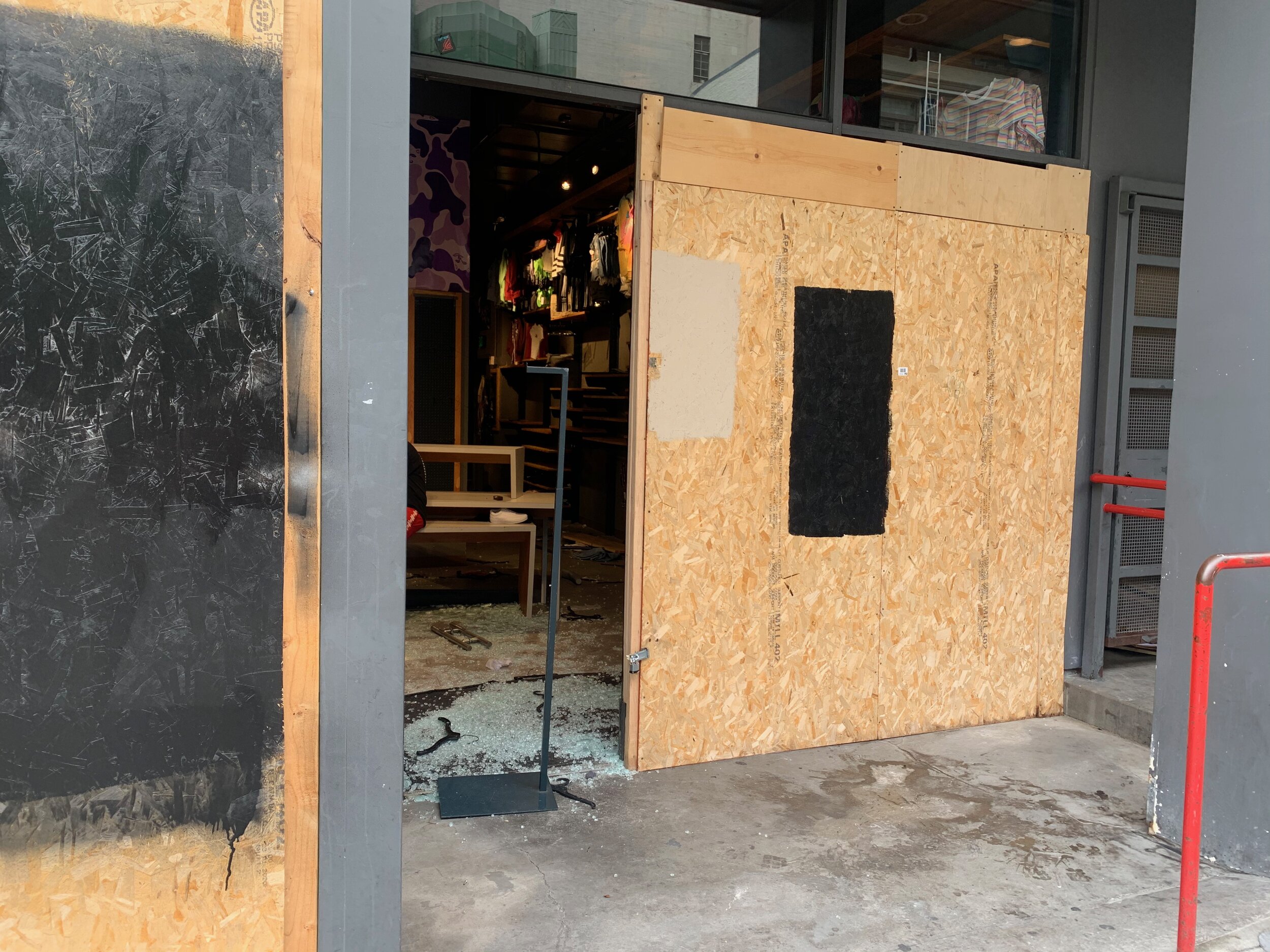
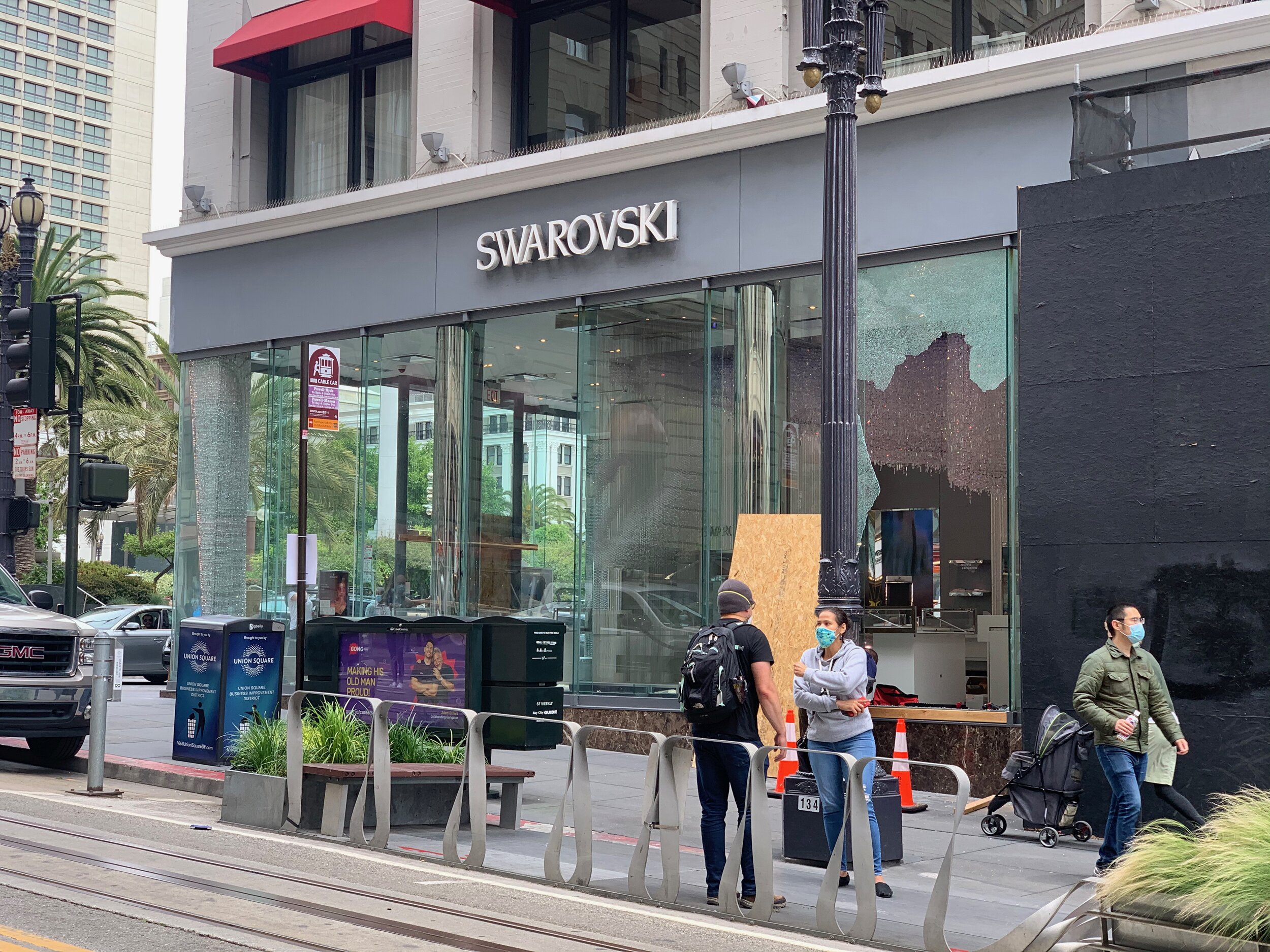

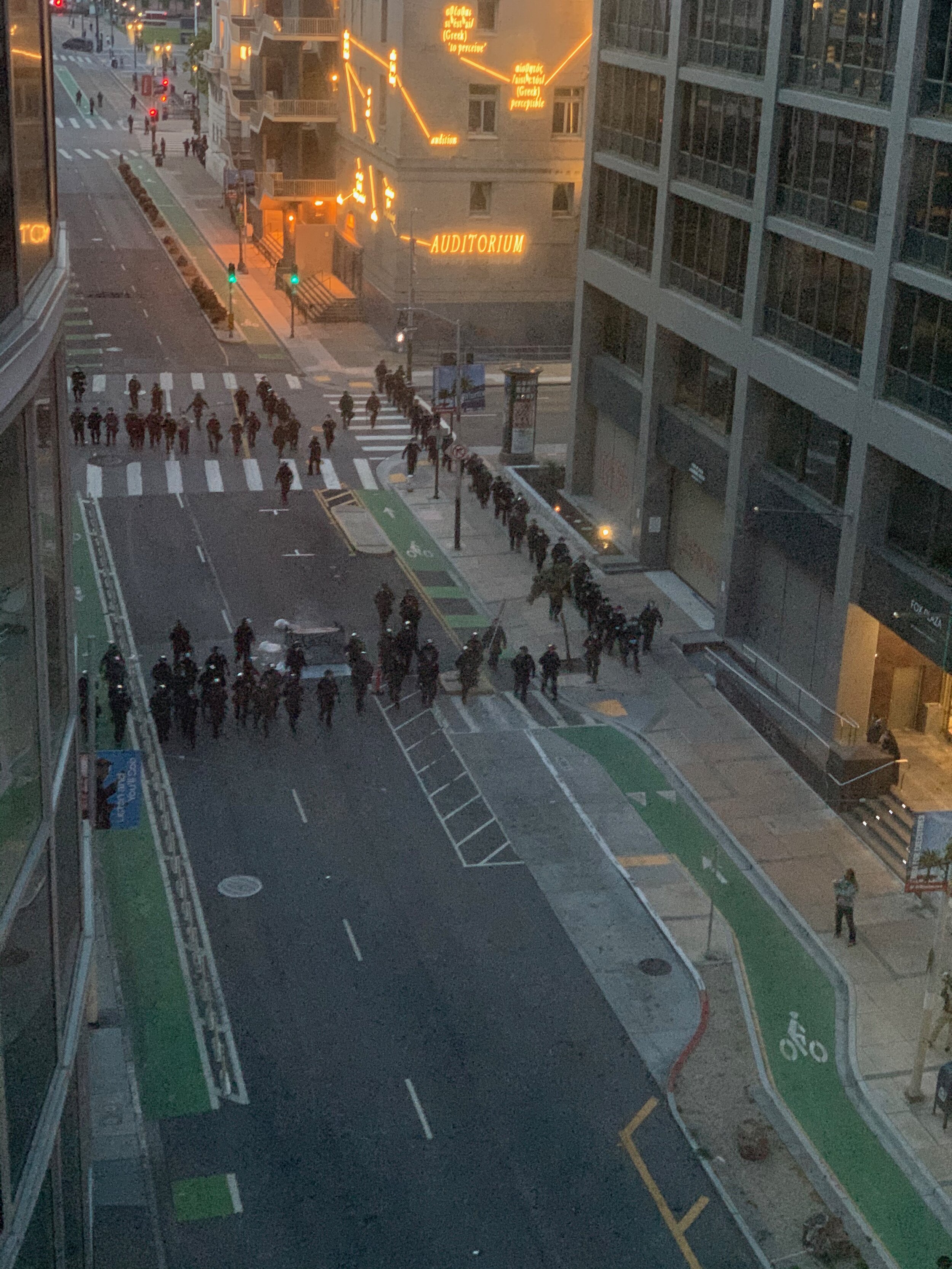
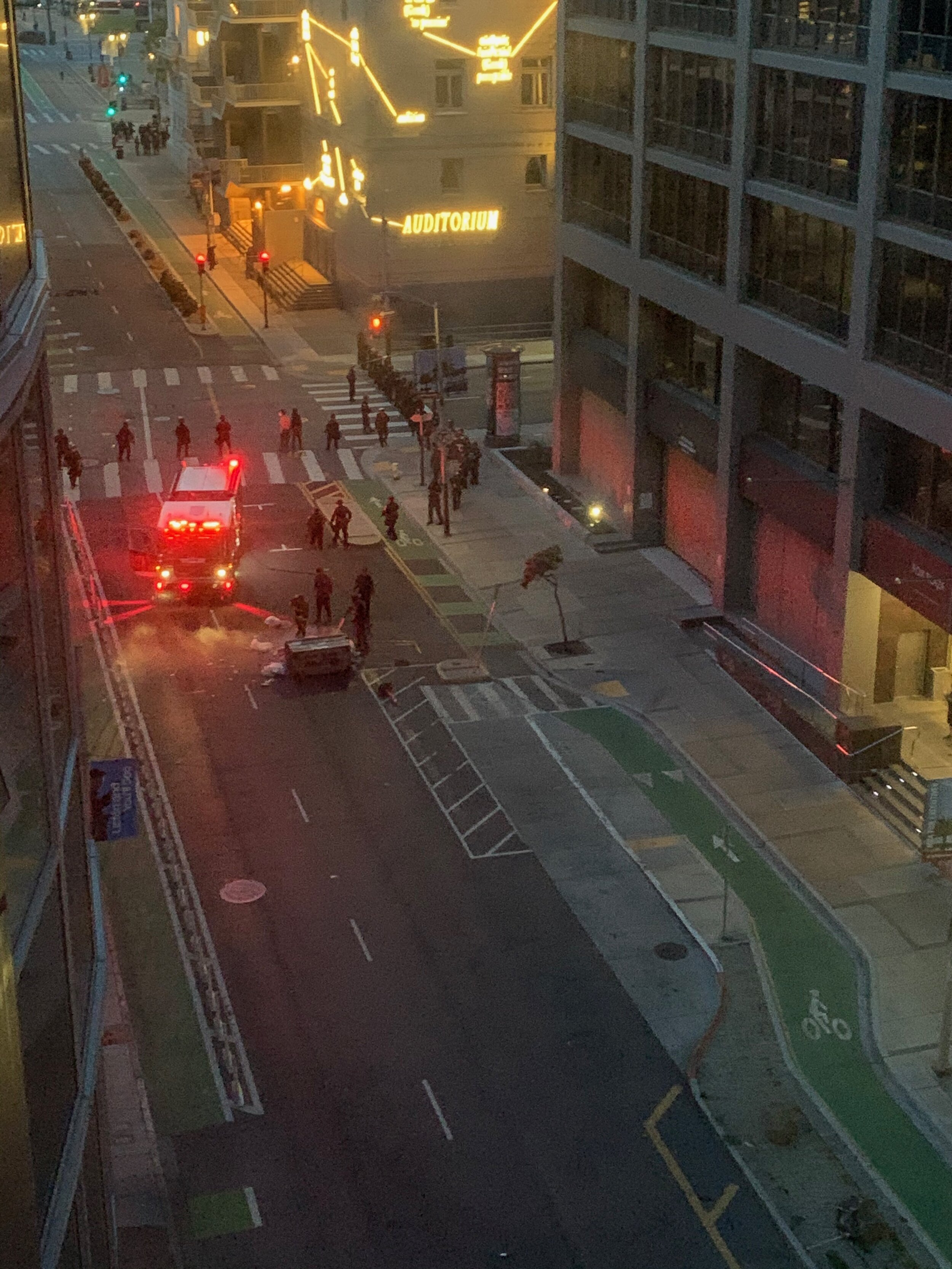
San Francisco has established a healthy immune response to significant disruptions of everyday life. The great fire of 1851 was overcome, as was the 1906 great earthquake and subsequent city inferno. We rebuilt. Assassinations of Supervisor Harvey Milk and Mayor George Moscone in 1978 brought civil unrest to new heights. LGBTQ representation and the causes both men championed are stronger today than Harvey Milk could have ever hoped for. The fight against the AIDS epidemic owes much to San Francisco for its early identification of a new pathogen impacting its residents in 1981 and subsequent steps towards fighting the disease. The Castro neighborhood retains the shadows of its residents lost in the battle, along with the hope and strength that came from overcoming it as a community. All things heal with time.
Not since the founding of San Francisco Mission de Asis in 1776 could you find a point of greater uncertainty for what the future holds. So many problems—from police brutality and Black Lives Matter to healthcare access and supporting the economy—present a moon shot opportunity for city government. Historically SFPD had a much higher percentage of cops living in the city they worked for. Could improved housing density bills reduce the pressures and frictions that come from situations where those being policed feel underrepresented (if at all) by the men and women in blue they see day to day? Or do we change the focus of police work and the type of relationship a police force has with its community? How might we want to change recruiting and training for better community outcomes? Having no easy path forward increases the opportunity for a politician to grab the zeitgeist and lead a massive systemic overhaul that leaves no part of city living or administration untouched.
BART and Caltrain are never going to recover financially: between the jobs lost already and a likely permanent shift in telecommuting job options, safe mass public transit must be viewed as a necessary service by the city, for the city. Collect necessary tax funds from the businesses that need the density of human employees and consumers. Could virtual reality and APIs redefine what constitutes acceptable access to goods and services? If you can shop virtually and have goods delivered to your door, would a business be able to open in an old historical building that previously could never have met necessary changes for Americans with Disabilities Act (ADA) compliance? Are we more ok to tear down historical buildings if we can preserve them virtually or in augmented reality? Where are new compromises going to emerge that unlock new and different ways for cities to grow?
I have no idea what San Francisco will look like in 10 years, but I’m excited to help be a part that builds it.